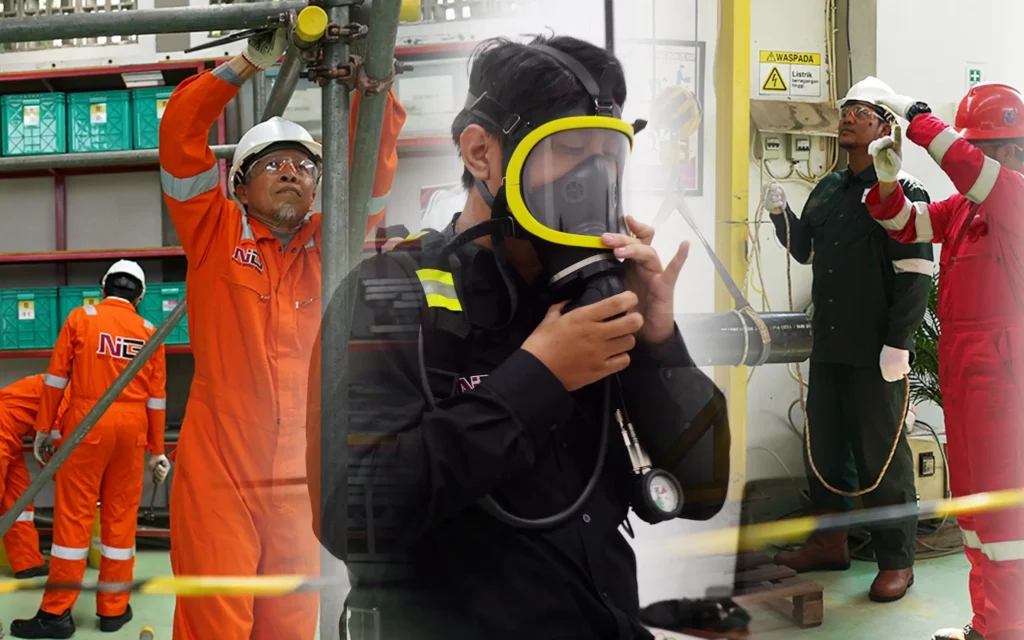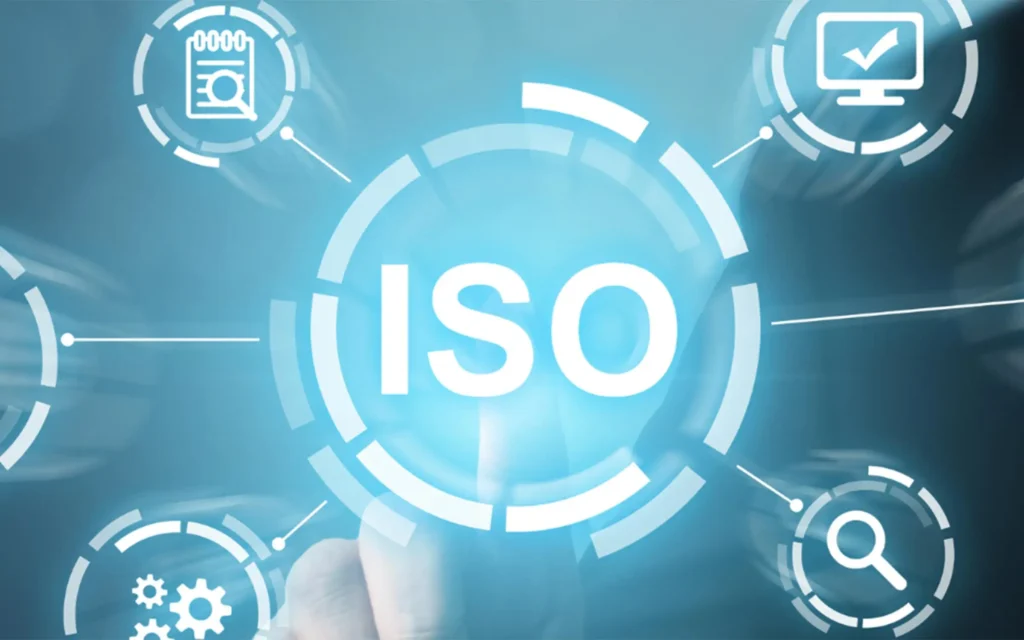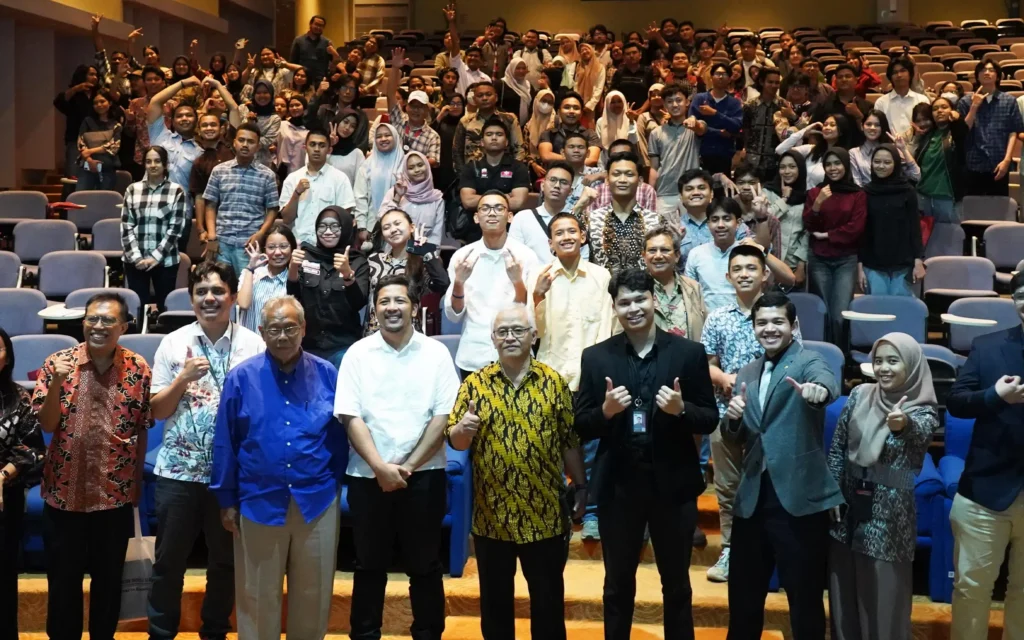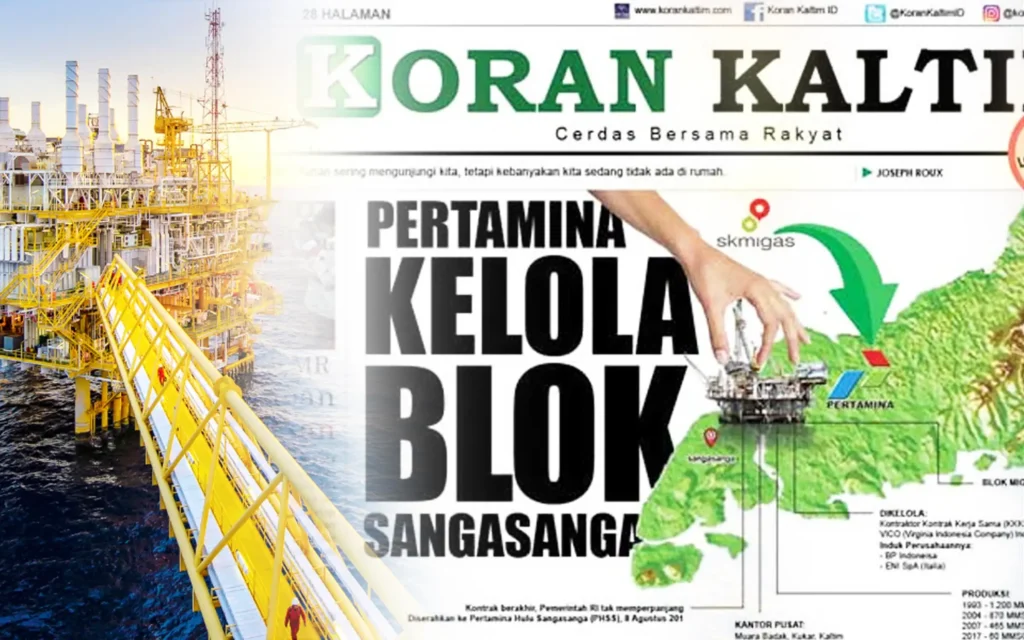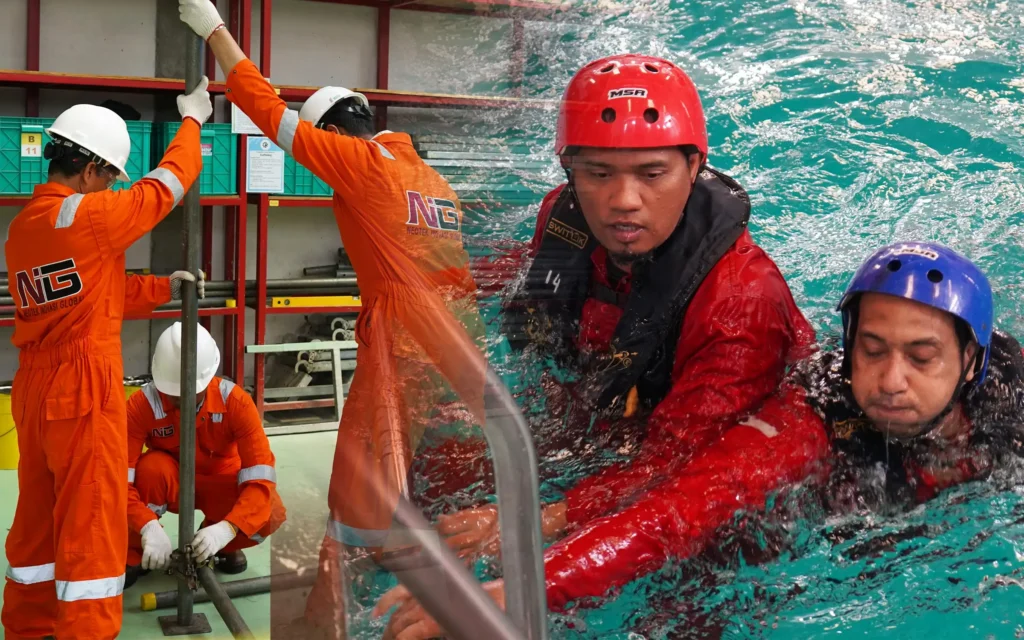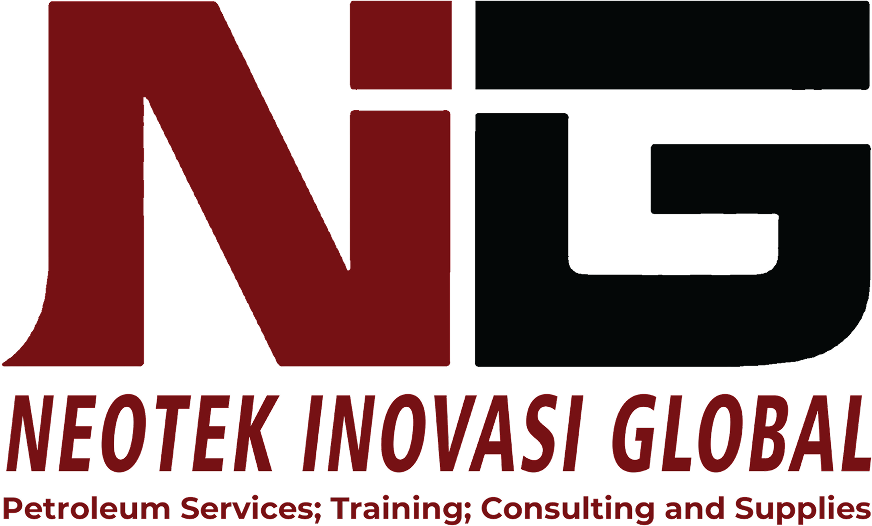Level 3 Diploma in Leadership and Management
Unit Code: 8600-31
Delivery: Online, In-Class, or Blended Learning
Method: Interactive lectures, workshops, real-world case studies, simulations, group activities
Certification: ILM
Course Overview:
The Level 3 Diploma in Leadership and Management is a comprehensive qualification designed for team leaders, supervisors, and first-line managers seeking to strengthen their leadership capabilities, drive team performance, and manage operations more effectively. This diploma empowers learners with practical knowledge in leading change, innovation, customer service, people development, communication, and decision-making.
Training Objectives:
- Develop core leadership and managerial competencies
- Build confidence in decision-making and problem-solving
- Lead and support innovation and organizational change
- Enhance team performance and motivation
- Manage communication and delegation effectively
- Understand procurement, remote team management, and customer expectations
- Improve operational efficiency and contribute to strategic goals
Training Designed For:
- Aspiring or current supervisors and team leaders
- Junior managers responsible for leading teams and projects
- Professionals aiming for ILM Level 3 diploma certification
- Managers looking to formalize their leadership knowledge
Training Program :
- 8600-300 – Solving Problems and Making Decisions
Learn to identify issues, evaluate solutions, and implement effective decisions in the workplace.
- 8600-301 – Understanding Innovation and Change in an Organisation
Understand how innovation supports organizational success and how to adapt to change.
- 8600-302 – Planning Change in the Workplace
Develop structured plans for implementing change initiatives effectively.
- 8600-303 – Planning and Allocating Work
Acquire tools to assign tasks, manage workloads, and monitor progress efficiently.
- 8600-304 – Writing for Business
Enhance business communication through reports, proposals, and structured documentation.
- 8600-305 – Contributing to Innovation and Creativity in the Workplace
Learn how to foster a culture of creativity and continuous improvement.
- 8600-306 – Understanding Customer Service Standards and Requirements
Deliver consistent customer satisfaction by aligning with service standards.
- 8600-307 – Giving Briefings and Making Presentations
Develop skills to deliver clear, confident, and persuasive presentations.
- 8600-308 – Understanding Leadership
Explore different leadership styles and their impact on team performance.
- 8600-309 – Understand How to Establish an Effective Team
Build cohesive and productive teams by applying team development strategies.
- 8600-333 – Understanding Procurement and Supplier Management in the Workplace
Understand procurement best practices and managing supplier relationships.
- 8600-338 – Understanding How to Manage Remote Workers
Lead, support, and evaluate performance of remote or hybrid teams.
- 8600-200 – Developing Yourself as a Team Leader
Reflect on personal leadership development and build an action plan for growth.
- 8600-225 – Satisfying Customer Requirements
Understand customer needs and how to exceed their expectations.
- 8600-226 – Understanding Effective Team Working
Learn how to encourage collaboration and teamwork for better performance.
- 8600-227 – Building an Awareness of Waste Management
Gain awareness of sustainable practices and waste reduction in the workplace.
- 8600-404 – Delegating Authority in the Workplace
Understand how to delegate tasks effectively while maintaining accountability.
- 8600-405 – Developing People in the Workplace
Identify training needs, develop talent, and coach team members for growth.
- 8600-406 – Developing Your Leadership Styles
Explore different leadership models and find the best fit for various team needs.




